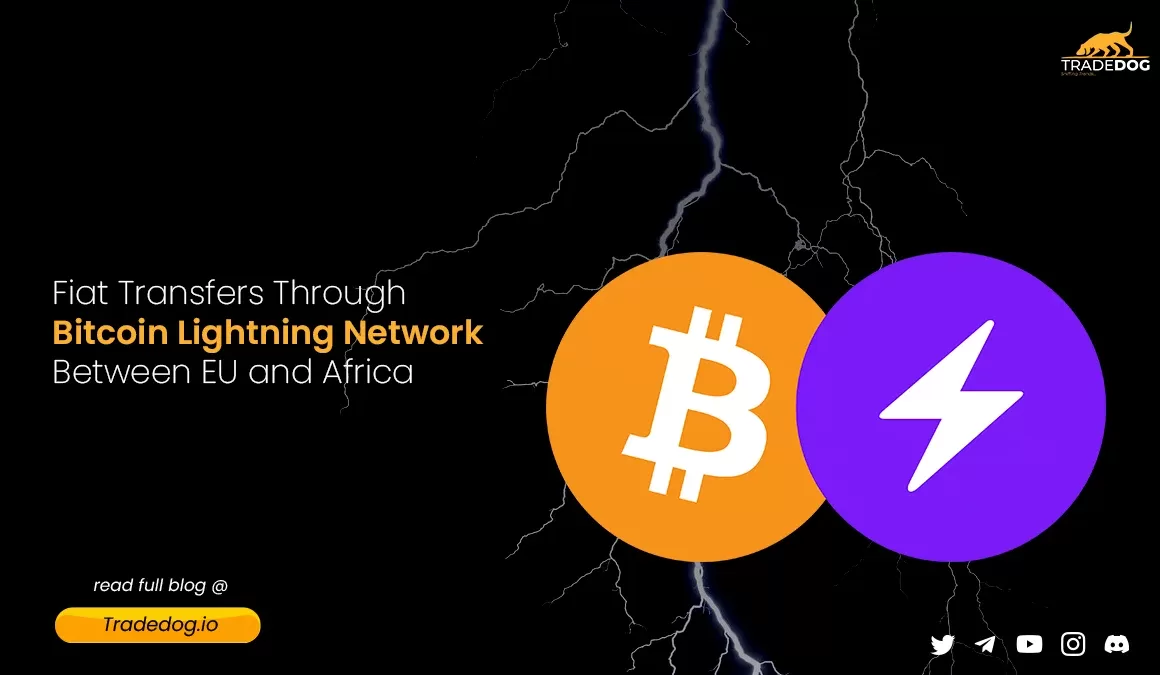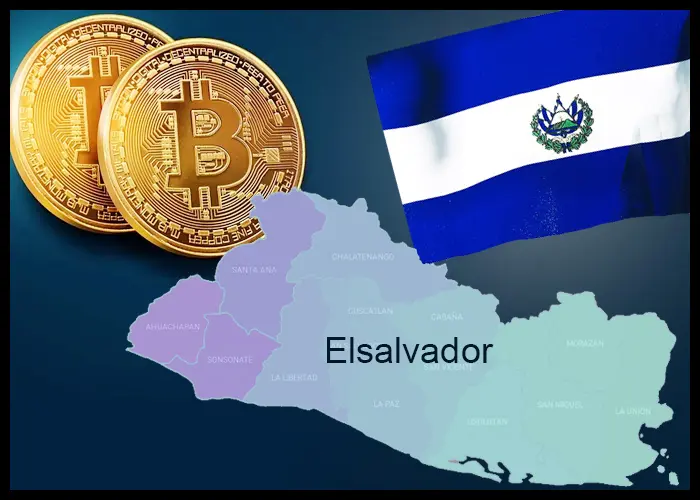The Lightning Network is an exciting, innovative development for Bitcoin. It is a new layer of the payment protocol, which seeks to improve transaction speed and scalability by allowing users to make transactions off-chain that are then recorded on the blockchain much later – enabling fast, trustless transfers between two parties without cluttering up the Bitcoin network. The Lightning Network has been touted as a potential solution to Bitcoin’s scalability problem, allowing users to process transactions at much lower costs and with minimal effort. As its adoption continues to grow, Bitcoin continues to become a viable alternative currency or payment system with the help of other advanced technologies such as the Lightning Network.
In a recent development, a new partnership between CoinCorner and Bitnob has been formed for creating cross-border transactions between the UK and Europe to Africa via the Bitcoin Lightning Network.
Why Partnership between CoinCorner and Bitnob is Significant?
Transferring funds between Europe and Africa typically necessitates the use of a third-party facilitator, such as Western Union, which is based on centralized entities. These transactions are notorious for their expensive cuts and frequently involve numerous parties prior to approval. The World Bank estimates that remittances to Sub-Saharan Africa will exceed $40 billion per year by 2020, with Nigeria receiving nearly half of the total.
The funds are automatically converted into BTC via the Lightning Network, then instantly converted to the recipient’s local currency and deposited directly into their bank account or mobile money wallet. Users can transfer funds from the United Kingdom and Europe to selected African countries using the Bitcoin Lightning Network.
Accelerating Crypto Adoption in Africa
Crypto use has surged among African retail users in recent years as they have recognized the power of digital assets to provide solutions to various problems that traditional financial structures often struggle with. Cryptocurrencies bring more efficiency and security to financial transactions, making them much safer and easier compared to more formal banking options.
Additionally, many digital assets are borderless, allowing people to make payments anywhere in the world at any time–a particularly important capability for those in countries with economically challenged financial systems that make it difficult to send or receive money quickly and securely. With so many revolutionary benefits, crypto use is sure to remain strong in Africa as long as there remain unresolved issues that cryptocurrencies can address more effectively than any other available option.












